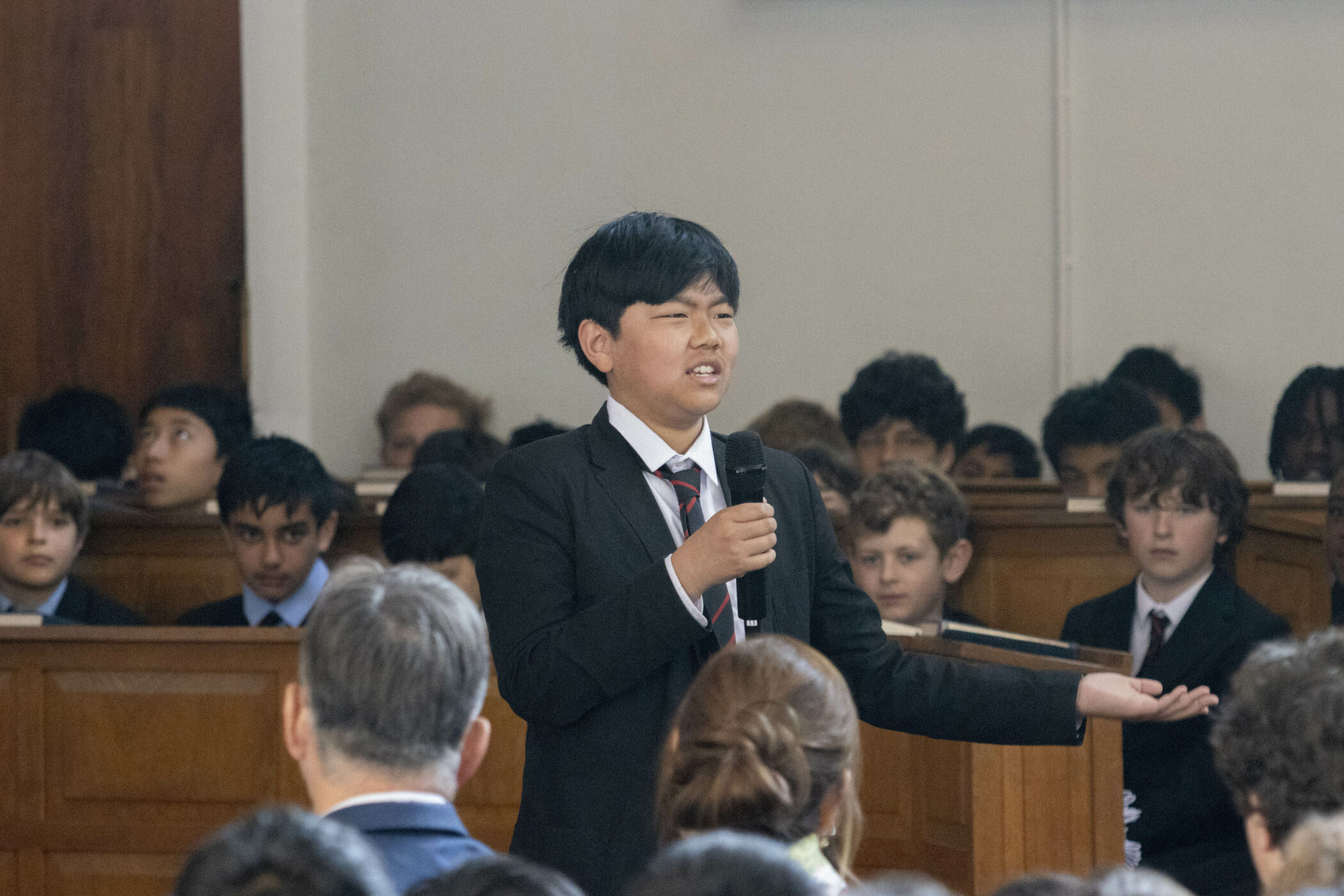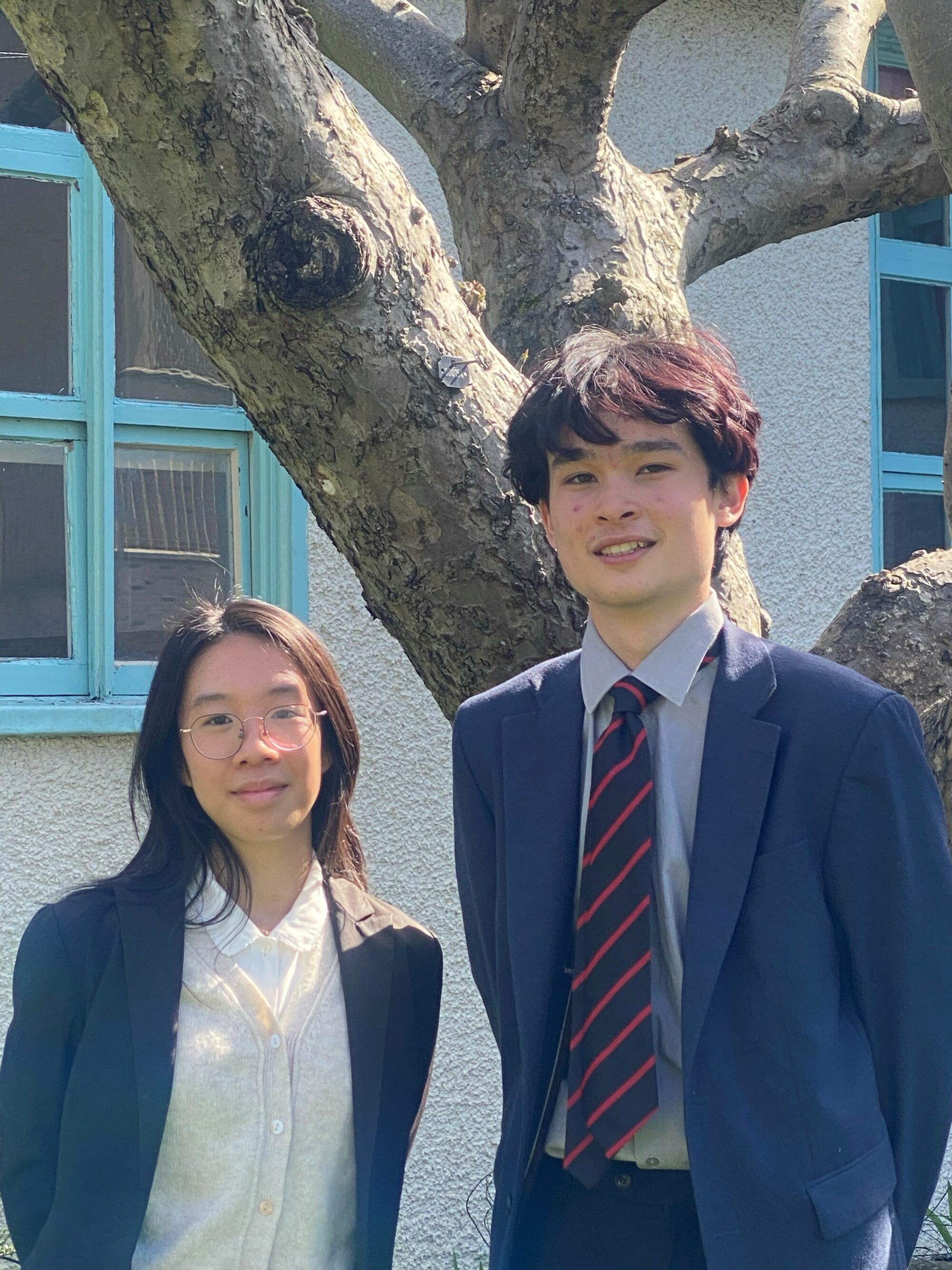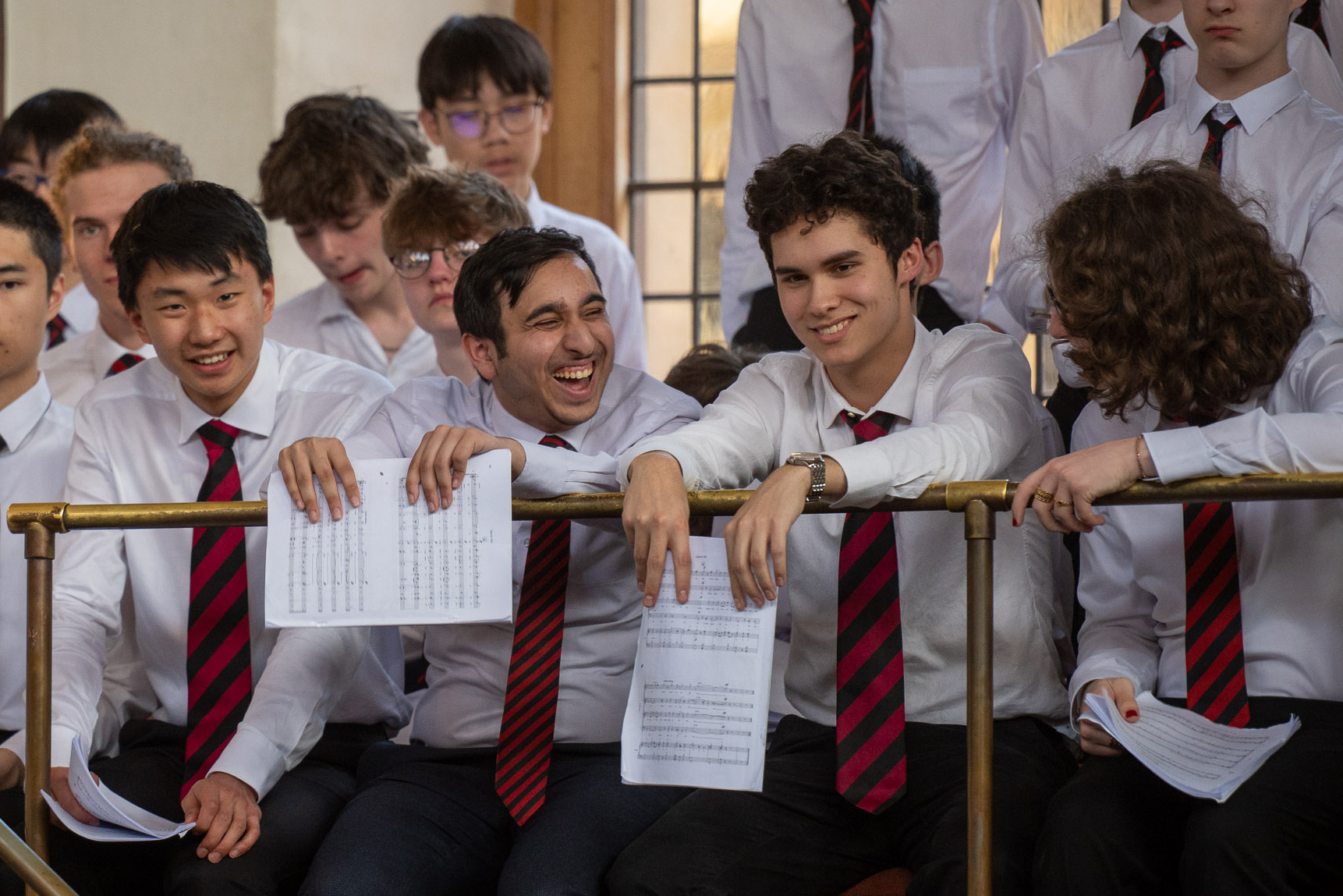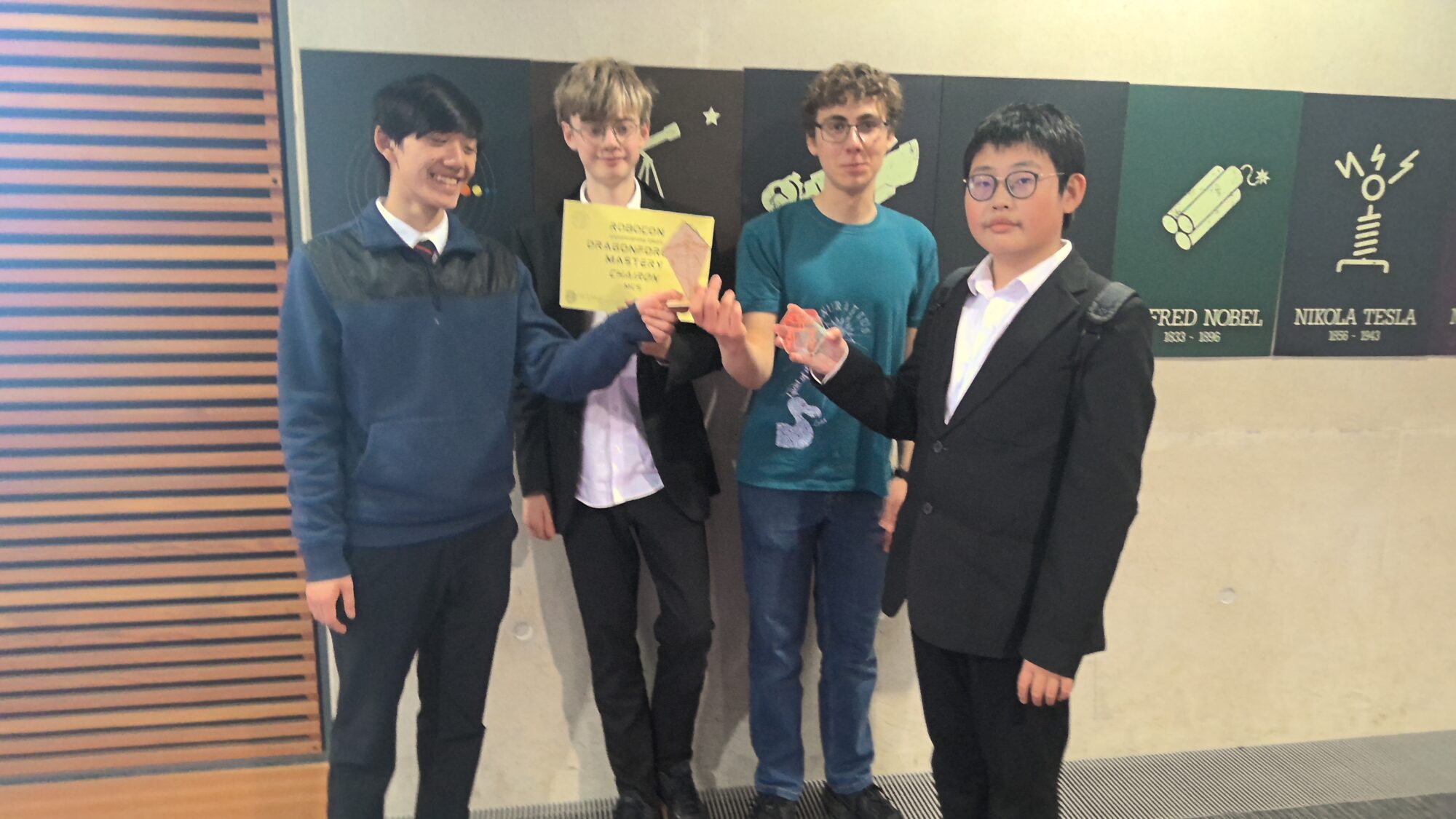Clark Brundin, the Californian vice-chancellor of Warwick University, had a word of advice for those who, like him, spent many hours serving on committees: keep quiet until the chairman is about to sum up, then dive in with the last word.
A softly spoken, kind-hearted figure, Clark was popular with staff and students alike during his seven-year tenure at Warwick. He was often seen eating hamburgers in the students’ union.
Yet the laid-back style belied a sharp business mind. At Warwick Clark was instrumental in instigating a degree in management studies and well understood the significance of forging links with industry. He doubled the number of students and was involved in the construction of new buildings for psychology and biotechnology as well as the Advanced Technology Centre.

In 1990, five years after he was made vice-chancellor, the university was awarded the DM300,000 Carl Bertelsmann prize from Germany.
At a time of rigorous austerity in the 1980s, the university was praised for reducing its dependence on state financing, expanding its areas of research and establishing new programmes. Clark used the prize money to fund scholarships for students from the newly democratic east European countries of Hungary, Czechoslovakia, Poland and Romania.
Clark Brundin was born in 1931 in Los Angeles. His father, Ernst, an inventor who helped to develop hydroponics, was born in Stockholm. Ernst’s first marriage was to Agnes Smedley, an American communist and war correspondent. His second was to Clark’s mother, Elinor Clark, who gave her surname to her son.
Clark went to Whittier High School and at the age of 17 was accepted by the California Institute of Technology (Caltech) to read science. Yet after two years he dropped out of Caltech, feeling he was too young for it, and in 1951 joined the American navy as a petty officer specialising in electronics and high-altitude avionics. He served on the USS Pine Island, a seaplane tender, during the Korean War. A love of the sea stayed with him and in Britain he had a succession of boats, including a 23ft sea-going sailing cruiser that he sailed out of the Fowey estuary.
After four years in the navy Clark returned to academic life, enrolling at Berkeley to study engineering. There he also played guitar and sang bass in three-part harmony for The Mananas, a student country and western group. Throughout his life his house, offices and cars were filled with tapes and CDs of singers such as Roger Miller and Hank Williams.
Clark went on to do a doctorate at Berkeley and his supervisor, who had links with Oxford, suggested that he spend a year in the British university’s engineering department.
He returned to Berkeley to complete his studies, but in the early Sixties took up a position at Oxford as a lecturer in high-altitude aerodynamics and became a fellow of Jesus College.
He slotted easily into the British establishment and remained there for the rest of his life.
At Oxford Clark took responsibility for a new honours degree in engineering, economics and management and moved into university academic administration. He was made estates bursar of Jesus, and developed the first college credit card for undergraduates to use in the bar and buttery. He had a lot of charm and little difficulty in attracting donors for the development of the college. He oversaw the building of a student accommodation block in north Oxford. In 1984 he was made vice-chairman of the general board of faculties, one of the most powerful executive offices of the university, and when the position at Warwick arose, Geoffrey Warnock, the vice-chancellor of Oxford, encouraged him to take it.
Clark met his wife, Judy Maloney, a history of art graduate from Birmingham, in Oxford. They married in 1959 and raised four children: Abigail, a fellow of St Catharine’s College, Cambridge, and a lecturer in Italian studies; Martha, a university financial administrator; Oliver, who works for Public Health England; and Toby, director of the Craft Potters Association.
They lived in north Oxford and had an unconventional domestic life. Clark was often to be seen pulling a child’s handcart through the streets while shopping for groceries, sometimes accompanied by the family dog, Polo, who was mostly allowed to roam freely. In his youth Clark had owned MGs and Morgans, which he replaced in Oxford with several bicycles.
Clark was a clear choice when Oxford University needed a founding director for its school of management studies, which later became the Said Business School. He was also principal of Templeton College, where he stayed until he retired. In 1999 he became a naturalised UK citizen
In retirement, he chose to be a councillor for his Oxford City ward. When it was noted that he was too independent-minded for a political party, he replied wryly that it was necessary to affiliate with one to be elected, and the Liberal Democrats party seemed to be the least objectionable. He was also a governor of Oxford Polytechnic (now Oxford Brookes University), Magdalen College School and Cokethorpe School in Witney.
Clark was a wise counsellor, a good listener and always interested in the opinions of others. “I hear what you say” was a phrase he liked to use.
What he was less open to was his family’s admonishment to stop smoking. His answer was that if he did, he would die of stress. He quit only as he approached 90 and could no longer use his computer to order Silk Cut online.
 MCS ranks among the top independent secondary schools, and in 2024 was awarded Independent School of the Year for our contribution to social mobility.
MCS ranks among the top independent secondary schools, and in 2024 was awarded Independent School of the Year for our contribution to social mobility.

 28 of our pupils achieved 10 or more 8 or 9 grades in 2024.
28 of our pupils achieved 10 or more 8 or 9 grades in 2024.
 In 2023-24, MCS received over £448,000 in donated funds.
In 2023-24, MCS received over £448,000 in donated funds.





